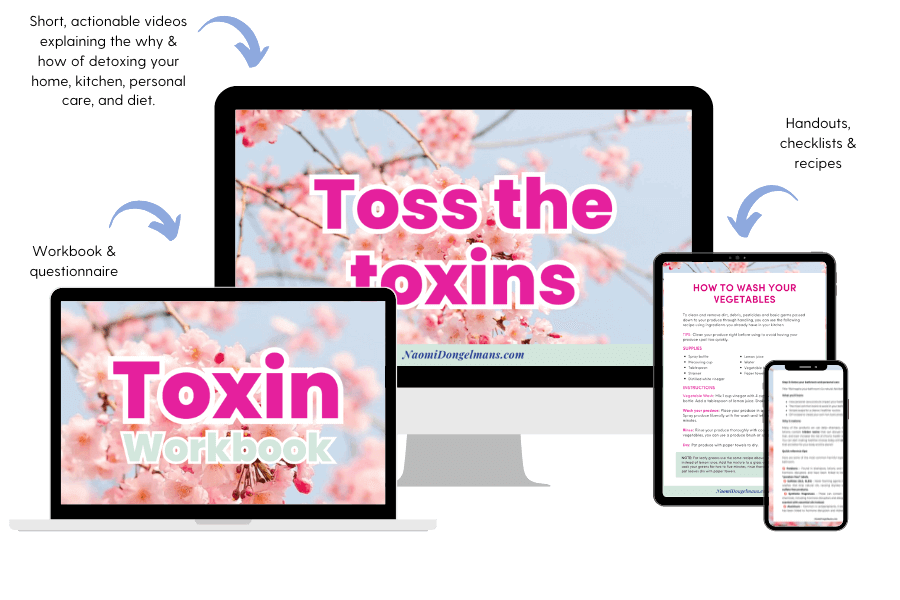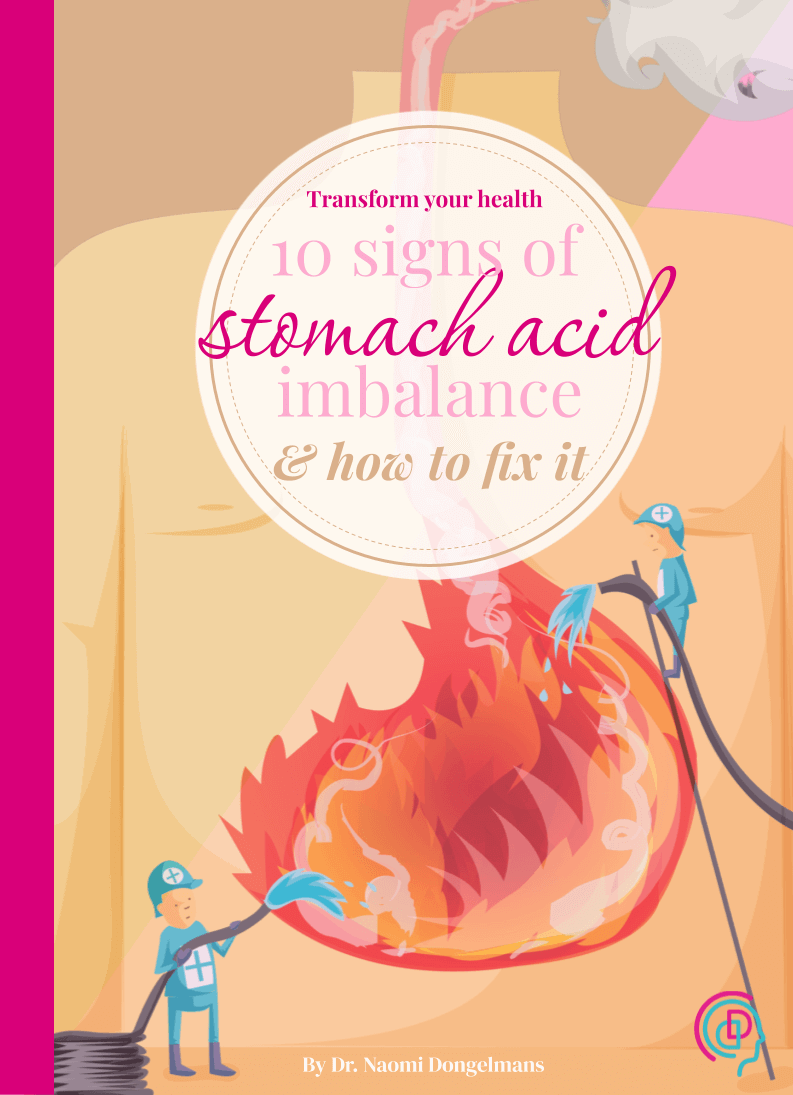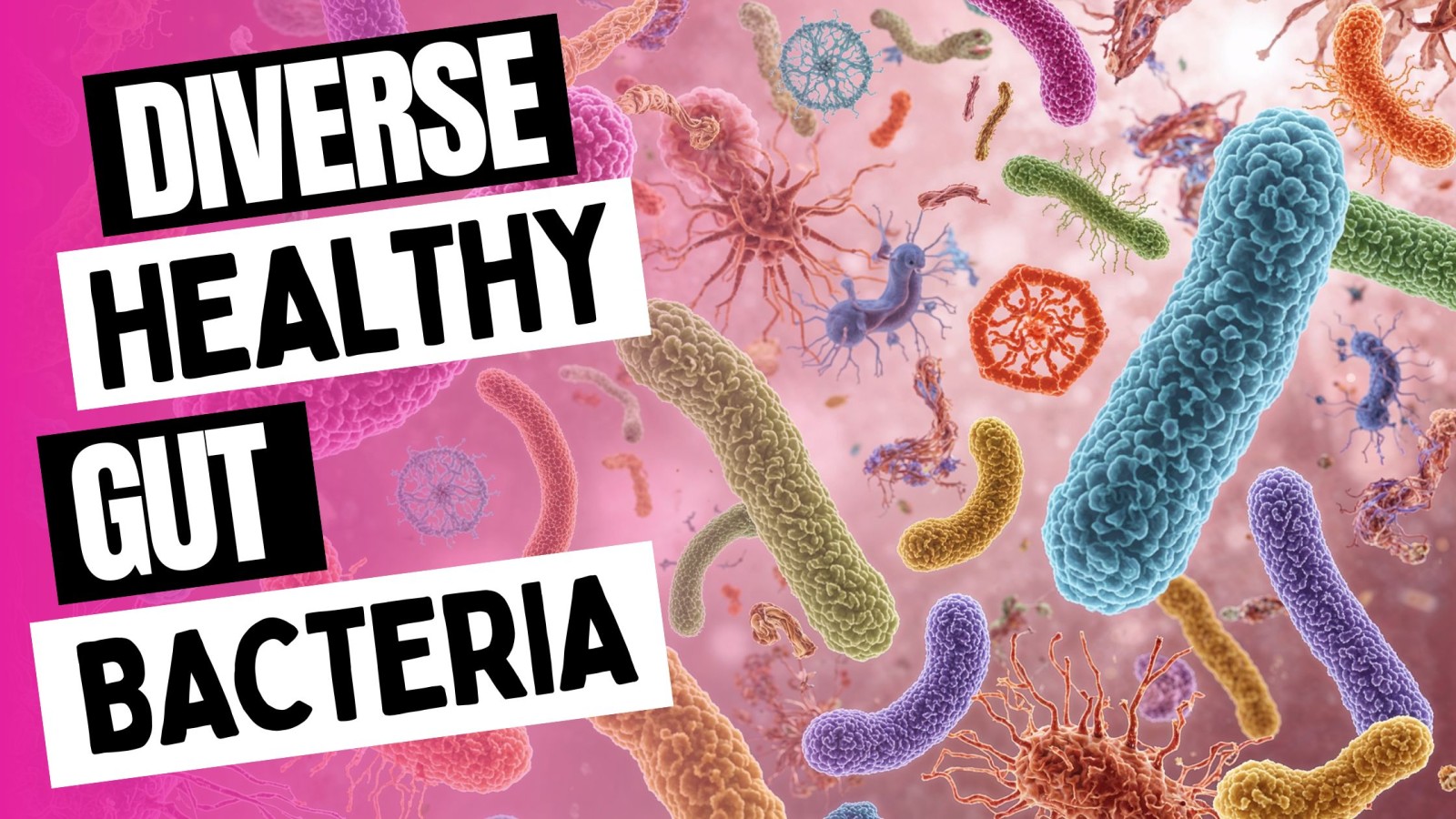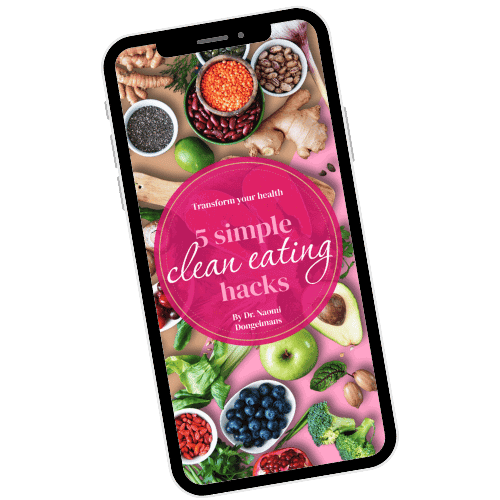Simple steps to protect yourself from the invisible risks of polluted air

We breathe in thousands of litres of air every day, but how clean is that air? Recent research shows that even short-term exposure to air pollution can affect our cognitive function. Even indoors, we can be exposed to fine particulate matter, such as from burning candles. But what does this mean for our health, and what can we do about it?
Air pollution & its impact on your brain
Researchers have discovered that people who inhale polluted air with fine particulate matter for just one hour perform worse on cognitive tests four hours later. Selective attention and emotion recognition are particularly affected. This means that air pollution can impact not only our physical health but also our thinking abilities and social interactions.
How does fine particulate matter enter your body?
Fine particles are so small that they can pass through the lungs into the bloodstream. Once inside the body, they can:
- Trigger inflammation in organs and tissues.
- Increase free radicals, leading to cellular damage.
- Cross the blood-brain barrier, directly affecting brain function.
- Disrupt the immune system, which can worsen autoimmune conditions.
How to protect yourself?
Fortunately, there are ways to reduce your exposure and support your body against harmful substances.
1. Ventilation & air purification
- Open windows regularly, especially after cooking or cleaning.
- Use a HEPA air purifier, which filters out 99.97% of fine particles.
- Avoid indoor air pollutants like candles, incense, and air fresheners.
2. Antioxidants & supplements
Oxidative stress from air pollution can be reduced with the right nutrition and supplements:
Glutathione
Glutathion is one of the most powerful natural antioxidants, helping to counteract the damage caused by air pollution. Check out the glutathione I recommend: Nutriswish. This uses nanotechnology for superior absorption, delivering faster detox, better liver support, and stronger immunity. Also great for detoxing spike proteins and grapheenoxide.
GlyNAC (glycine and N-acetylcysteine)
GlyNac supports the body's natural glutathione production. For the purest, filler-free, third-party-tested GlyNAC, I trust DoNotAge.
Omega-3 fatty acids, vitamin C, and vitamin E
These protect your lungs from inflammation.
B vitamins (B6, B12, and folate)
These B vitamins help neutralise harmful substances in the body.
3. Plants as natural air purifiers

Certain plants help filter harmful substances from the air. Good choices include:
- Rubber plant (Ficus elastica)
- Fiddle-leaf fig (Ficus lyrata)
- Japanese ardisia (Ardisia japonica)
By being mindful of indoor air quality and supporting your body with the right nutrients, you can reduce the negative effects of air pollution. Small changes can make a big difference in your health!
Ready to Toss the Toxins for good?
If you've read this far and are thinking, "This makes sense, but where do I even begin?"—I've got you.
My Toss the Toxins challenge is a 4-day intensive designed to give you a simple, step-by-step roadmap to lighten your body's toxic load. We go beyond the basics to help you banish inflammation, ignite your energy, and support your body's natural healing systems.
This isn't about crazy restrictions or expensive potions—it's about making smart, sustainable changes that get real results, fast.
Your body knows how to heal. It just needs the right support. Let's clear the path, unlock your potential, and get you feeling absolutely incredible from the inside out.

Love what you read here? Subscribe for updates! Add me to the list!





























0 Comments